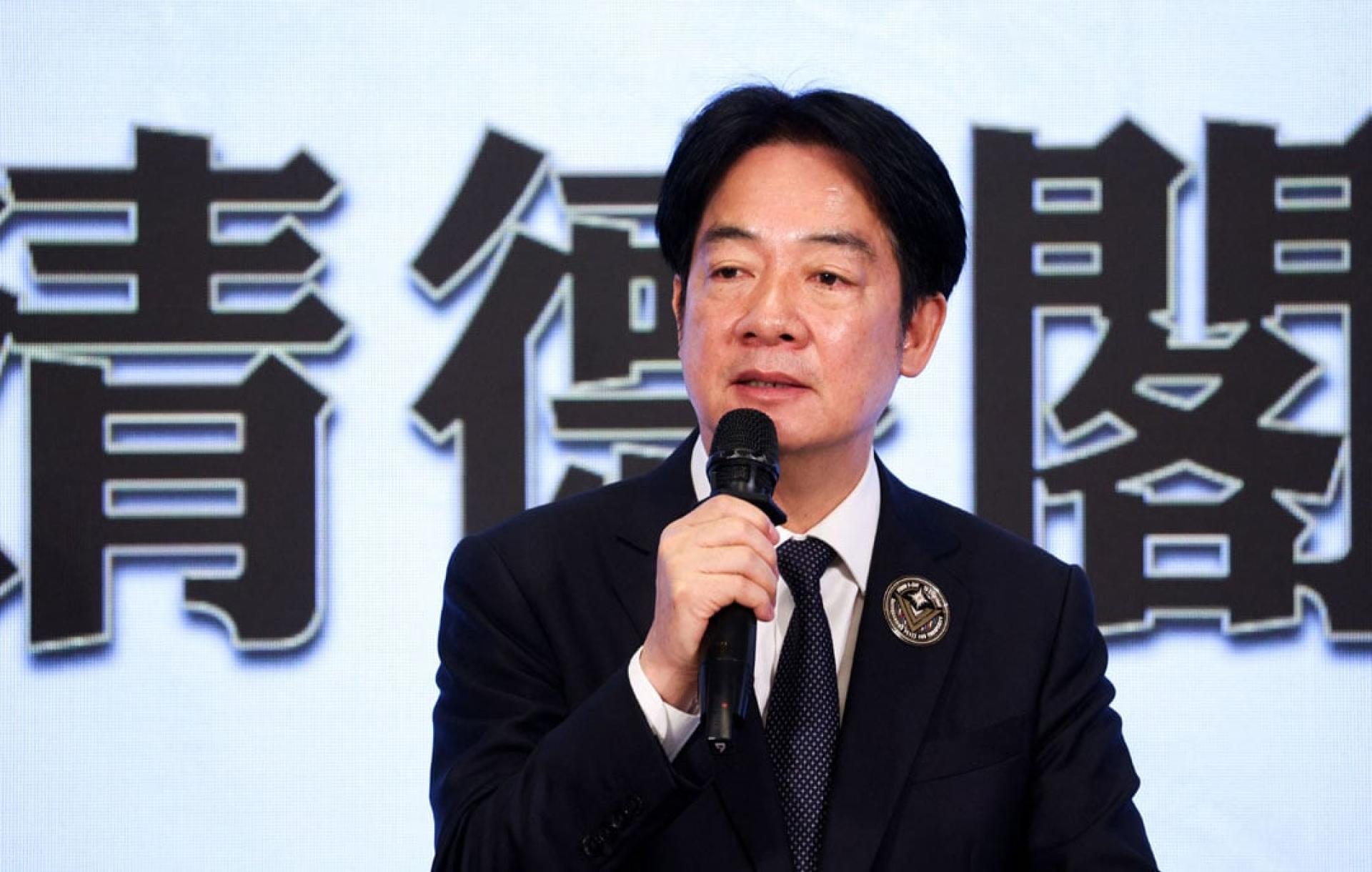The United States has imposed a 20% tariff on Taiwan. On the 1st, Taipei Mayor Chiang Wan-an pointed out that the tax rate is higher than that for Japan and South Korea, calling this a failure of the government; the government is supposed to unite the people, but President Lai Ching-te and the ruling party have instead actively launched a major recall, focusing their efforts on infighting rather than uniting externally to respond to the impact of the tariffs. This, he said, shows government incompetence.
On July 31, U.S. President Trump signed an executive order officially announcing the implementation of a new reciprocity-based tariff policy on countries and regions, effective August 1. Taiwan's applicable tariff rate is 20%, which is lower than the 32% posted in April this year, but still higher than the 15% agreed upon with Japan and South Korea, drawing widespread attention.
According to a report by United Daily News, Chiang Wan-an said the government should play the role of guiding people in the right direction, but the Democratic Progressive Party (DPP) government had previously told everyone the tariff would be lower than that for Japan and South Korea. However, the current result is obviously inconsistent with the facts, which constitutes a dereliction of duty by the government.
He said the government should unite the people to jointly confront external challenges and difficulties, but the DPP government and President Lai Ching-te have launched a major recall, focusing all their efforts on internal infighting rather than coming together to confront the impact of the tariffs. This, he said, demonstrates government incompetence.
Chiang Wan-an said he calls on the DPP government and President Lai Ching-te to stop the August 23 major recall. At this critical moment when all of Taiwan should unite to face external hardship, it is not the time for yet another bout of internal strife like the August 23 recall. He reminded the DPP government and Lai Ching-te that this so-called 20% reciprocal tariff, coupled with a 12% loss from exchange rates, has already greatly undermined the competitiveness of Taiwanese businesses and manufacturers, causing them to suffer heavy losses.
